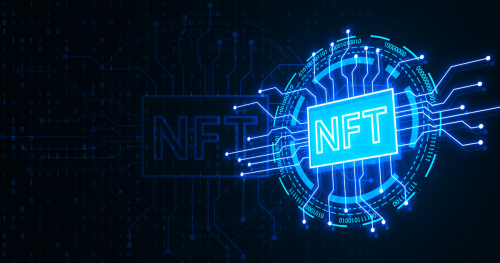 Thanks to Alice D’Antoni for collaborating on this article
Thanks to Alice D’Antoni for collaborating on this article
On February 28, 2025 the Italian Criminal Supreme Court published a pivotal decision on criminal consequences for failing to declare crypto-based income earned from the sale of NFTs[1]. Namely, the Court established that (i) failure to declare cryptocurrencies may constitute the offense of false tax declaration[2], thereby justifying the application of the precautionary seizure of the profit of the crime; and (ii) the ignorance of the obligation to declare such cryptocurrencies does not exclude the criminal liability of the individual.
This decision aligns with the increasing trend of integrating digital assets into the traditional economy and provides clarifications on the status of NFTs operations within the existing legal and tax frameworks, treating them as traditional intellectual property transactions.
1. Factual Background
The case involves an artist under investigation for failure to declare the crypto-based income deriving from the sale of a digital artwork represented by NFTs, for the FYs 2021 and 2022. In this context, the Judge for preliminary investigations of Turin issued a precautionary seizure against the artist, for around EUR830,000 (the amount of the allegedly non declared taxes), subsequently confirmed by the Court of Turin. In light of the above, the artist decided to appeal to the Italian Supreme Court on the basis, amongst others, of the following arguments:
- the commercial transaction was not related to the digital artwork, but rather to its NFT[3], which according to the Italian tax legal framework[4] cannot be considered as a taxable income;
- Cryptocurrencies cannot be qualified as “money” or “assets in kind”, pursuant to Italian Tax Law[5]; therefore, they should not have been qualified as taxable income;
- The artist did not have declared crypto-based income since, given to the above mentioned legal framework, he was convinced that no legal obligations were in place in this sense.
2. The decision of the Italian Supreme Court
The Italian Supreme Court rejected all the grounds of appeal stating the following principles:
A. Taxability of the income generated by the sale of NFTs: NFTs incorporate the features and peculiarities of the assets they represent; this means that the earnings resulting from their commercialization must be declared in tax returns pursuant to Italian Tax Law;
B. Taxability of cryptocurrencies, as they can be considered comparable to goods in kind in accordance with Italian Tax Law – becoming taxable whether their value is able to be converted into a traditional currency (as in the case at hand);
C. The good faith of the artist does not exclude the intent to evade taxes: indeed, according to Italian law and settled case law, the incorrect interpretation of a regulation different to the criminal provision does not exclude the criminal responsibility.
3. Takeaways
The decision of the Italian Supreme Court has a significant importance as it is a paradigmatic example of the ongoing challenges the legal system faces in keeping pace with the rapid growing of the digital economy.
The practical implications are of primary importance not only for artists, but also for collectors, investors, and companies operating in the digital markets.
However, the anonymity and borderless nature of NFT’s and cryptocurrencies can attract individuals and organizations involved in illicit activities, such as money laundering and tax evasion. The absence of clear regulations further complicates the compliance with laws as well as the tracing of crypto-based earnings.
In this framework, companies investing in cryptocurrencies and NFTs shall pay particular attention and reshape their internal control system, establishing specific measures aimed at preventing the commission of digital financial crimes within their organization for instance, by carrying out proper risk assessment, regularly monitoring the regulatory framework, raising awareness as well as conducting proper due diligence on their counterparties.
[1] Italian Supreme Criminal Court, Sec. III, Decision No. 8269/2025;
[2] Pursuant to Art. 4 of Legislative Decree No. 74/2000, whether, if converted in the traditional currencies, they exceed the thresholds provided by law;
[3] i.e., the digital certificate proving the provenience and ownership of the artwork;
[4] i.e., Art. 53, par. 2 b) of the D.P.R. No. 917/1986 (“Italian Tax Law”), providing that “income from the economic utilization by the author or inventor of intellectual property, industrial patents and processes, formulas or information related to experience acquired in the industrial, commercial or scientific fields, if not obtained in the exercise of commercial enterprises, is taxable”.
[5] i.e. Art. 54 of the Italian Tax Law.


